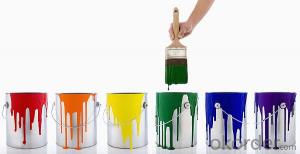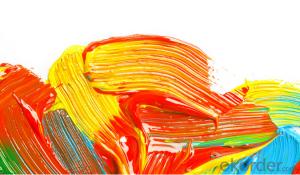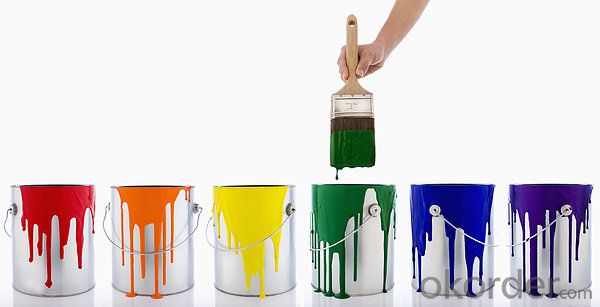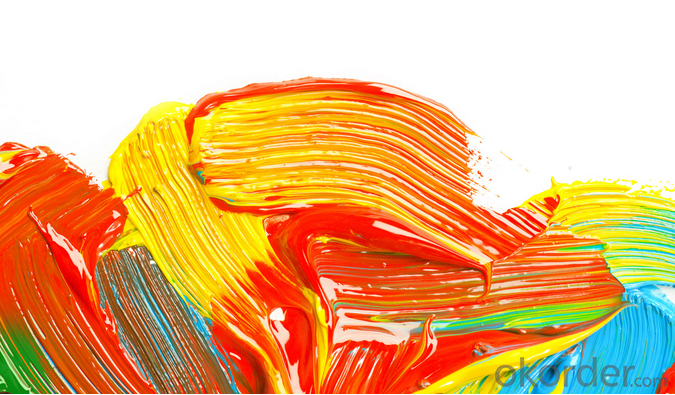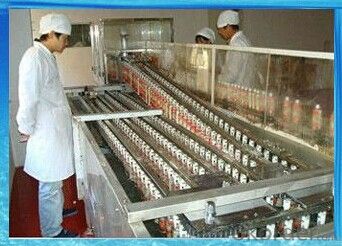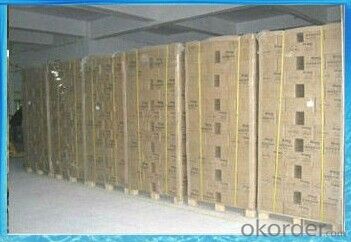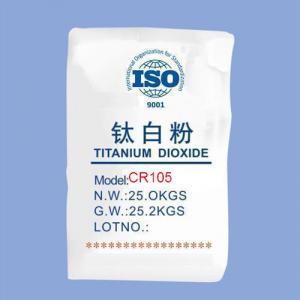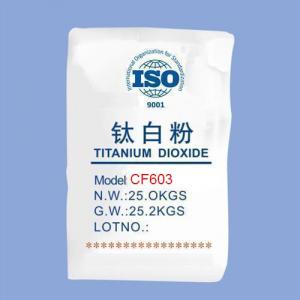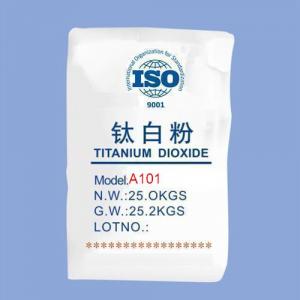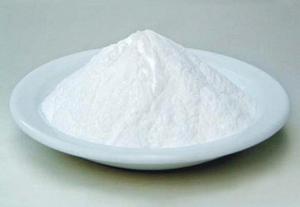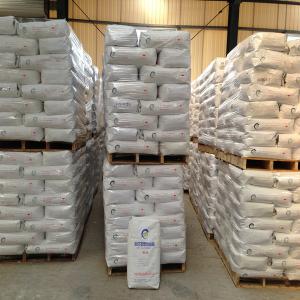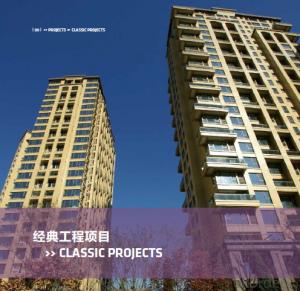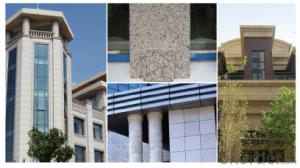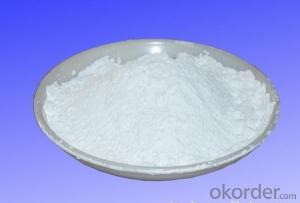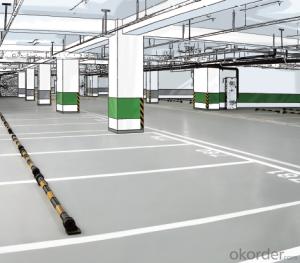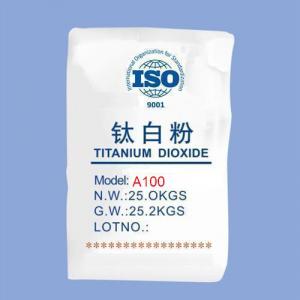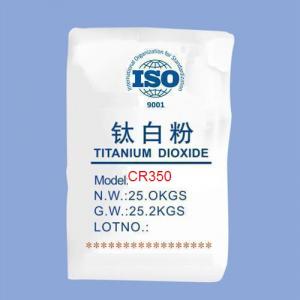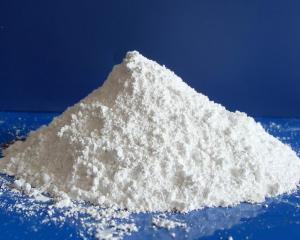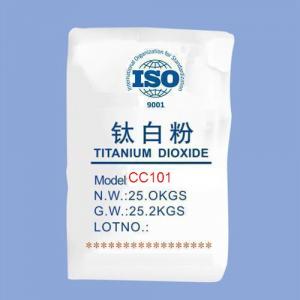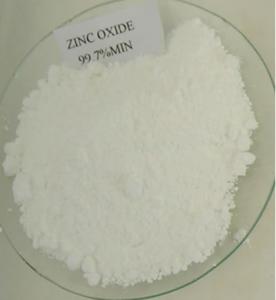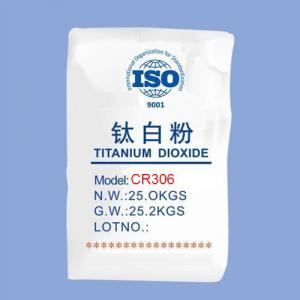Epoxy Floor Paint Chemical Resistance Hot selling!
- Loading Port:
- China main port
- Payment Terms:
- TT or LC
- Min Order Qty:
- 0.5
- Supply Capability:
- 500 m.t/month
OKorder Service Pledge
OKorder Financial Service
You Might Also Like
1.Structure of Epoxy Floor Paint Description
Chemical Resistance Epoxy Floor Paint suit for floors of GMP pharmaceutical factory, Sophisticated electronics factory, Chemical factory, Food factory, Hospital, Lab, Office.
2.Main Features of the Epoxy Floor Paint
• Good oil resistance property.
• Anticorrosion of oil and water alternation.
•Abrasion resistance, good adhesion.
3.Epoxy Floor Paint Images
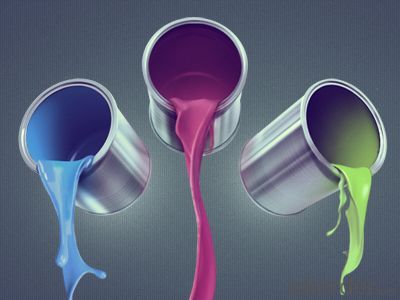
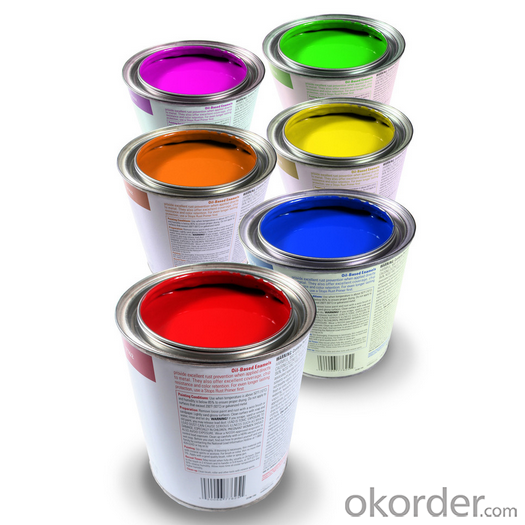
4. Epoxy Floor Paint Specification
CAS No.: | 61788-97-4 | Other Names: | Chemical Resistance Epoxy Floor Paint | MF: | Chemical Resistance Epoxy Floor Paint |
EINECS No.: | ef2006 | Place of Origin: | Zhejiang China (Mainland) | Main Raw Material: | Epoxy |
Usage: | Appliance Paint,Building Coating | Application Method: | Brush,Brush, Roller, Conventional Spray | State: | Liquid Coating |
Brand Name: | CNBM | Model Number: | ef2006 | Color: | All Color |
Chemical resistance: | Excellent | Waterproof: | Excellent | Moldproof: | Excellent |
Storage Period: | 24 months | Cleaning: | Use Thinner | Recoating: | 8 Hours/77°F(25°C) |
Touch Dry: | 2 Hours/77°F(25°C) | Coating Thickness: | 2-3mm |
5.FAQ of Epoxy Floor Paint
①Method of Application:
1. Base treatment: The base should be solid, dry and free from dust and dirt.
2. Primer construction: Use rolling brush seal primer coating.
3. Midway construction: Polish the intermediate coat with sand bearing no-dust rolling ground machine and clear away the dust before painting.
4. Epoxy face paint: use rolling brush or steamed bread knife for construction epoxy floor or no gas spraying.
5. Construction completed: It will be dry after 24 hours. And 7~10days later can be used.
②The advantages of the product
1.100% acrylic resin 2. fast dry 3. be used in surface finishing and mending 4. interior-exterior use 5. Low chemical odor 6. Last for 2 years
③What's the usage?
Can be widely used in surface finishing and mending of metal, wood, glass, leather, ceramics and plastics.Quick Details.
- Q: Paint Company
- what is your challenge. lol.
- Q: What does the structural unit of a chemical polymer mean?
- Is the "link", such as ethylene, the structural unit is -CH?-CH?-
- Q: Can dye inks and pigments be mixed?
- with a small drill to expand the ink hole, we will send a small drill (Figure 1).
- Q: How are artist paints differ from building paints?
- Building paints generally are mixed using readily available pigments of primary shades plus black and white which are added to either an Oil, Alkyd or Acrylic Base. Depending on whether the paint is used for interior or exterior, and relative to the amount of wear and tear on the paint, it could contain Teflon for wear ability, UV filters to prevent fading, etc. The polymer used in commercial Acrylic paint dries considerably slower than that used in Artists Acrylics. This is actually a blessing, that I've used to my advantage over the years. It's handy to use a white acrylic enamel interior paint for mixing with Artists acrylics when working on skies, water, or any large areas that require blending as it gives a smooth transition. Have done this for years. Artists pigments, depending on the quality of the paints you are using come from a variety of sources, everything from rocks, to plants, to fish, to bugs, and the list goes on. Depending on the source, some of these pigments are very rare and very expensive, making it uneconomical to use in commercial paint production. Hope this answers your question and hopefully gives you a couple of ideas that you might use.
- Q: painting???
- Painting mean make the pictures of different things.
- Q: what is milk paint is it more exspensive then normal paint? does it have a strong odor?
- I don't know that it is more expensive, really. Most of them are powder that you mix with water and you use them very thin, it's kind of like painting with milk powder in water. It has no odor to speak of, because it's basically milk and mineral pigment. I wouldn't use it outdoors in a damp climate like where I live but it is great for furniture or interior walls. It sort of soaks into wood, and it definitely takes a second coat to get complete coverage but one coat will give that weathered antiquey look. It has no sheen whatsoever, and if you want a washable surface you pretty much have to varnish it after.
- Q: How to paint with jade
- Chemical acid cycle process is very long, generally takes a month, after 15 times the repeated cycle of acid and alkali cycle, in order to become the ugly duckling into a white swan foundation.
- Q: Are fluorescent pigments poisonous?
- Fluorescent pigments are organic complexes that are finely ground and have high luminous rates, usually colorless or light white. They exhibit visible light (400nm ~ 800nm) in various colors under ultraviolet light (200nm ~ 400nm). According to the wavelength of the excitation light source, can be divided into short-wave ultraviolet excitation fluorescent pigment (excitation wavelength of 254nm) and long-wave ultraviolet excitation pigment (excitation wavelength of 365nm).
- Q: Because it is used on the desktop link so the use of sublimation printer can print SD card and other advantages in fact does not make sense, but from the effect of similar price of the two printers which is better?
- The color laser printer prints the dot matrix generated by the printer controller into the final image through the print engine. The laser generator generates a laser beam for each print point and generates a laser for printing the dot size in the horizontal direction by the rotation of the rotating mirror and the correction of the lens. The surface of the imaging drum is smooth and can be charged, and it can be discharged by light. When the laser light is on the imaging drum, the charge that has been precharged is discharged. As the imaging drum continues to rotate, a series of laser spots are hit on the drum. When the drum is rotated, it also passes through a developing roller, where the discharge point absorbs the charged toner, and the drum is rotated with the drum. Its main function is to The already formed toner image is copied. As the color laser printer has four-color toner, so the above imaging, the transfer process will be repeated four times, the last transfer drum will form a four-color image. After the transfer is completed, when the charged paper passes through the transfer drum, the printing paper draws the toner on the transfer drum to form a color image output.
- Q: I live in Miami. I want spray paint street art
- Home Depot?
Send your message to us
Epoxy Floor Paint Chemical Resistance Hot selling!
- Loading Port:
- China main port
- Payment Terms:
- TT or LC
- Min Order Qty:
- 0.5
- Supply Capability:
- 500 m.t/month
OKorder Service Pledge
OKorder Financial Service
Similar products
Hot products
Hot Searches
Related keywords
